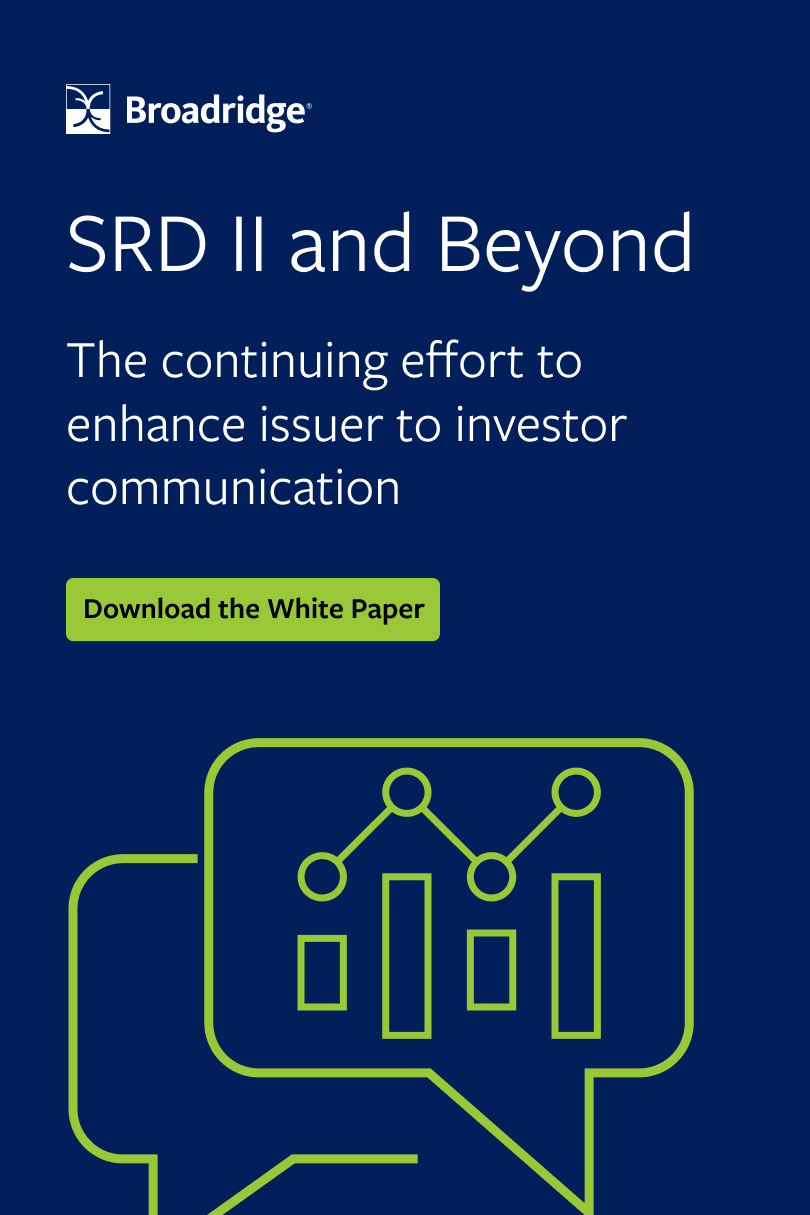The UK’s ‘Brexit’ is causing a stir from the steps of the Bank of England to the fintech firms in Shoreditch, but the country is strong enough to see it through, and there’s no need to get in a flap just yet
The UK has voted to leave the EU, leading to the resignation of the prime minister, leadership scraps in the two main political parties, the sharpest drop in the value of the pound on record, and a reported $2 trillion lost in global stocks.
In a speech in the immediate aftermath of the result, Mark Carney, governor of the Bank of England, stressed that there will be no immediate change “in the way our goods can move or the way our services can be sold”.
He went on to outline provisions that the Bank of England and UK institutions have made in the event of an exit vote, intended to “support orderly market functioning in the face of any short-term volatility”.
Capital requirements for banks are now ten times what they were before the financial crisis of 2008, and the Bank of England has been conducting stress tests to scenarios more extreme than what the UK is currently facing.
UK banks have raised £130 billion in capital, and £600 billion in high-quality liquid assets, and the Bank of England itself has pledged an additional £250 billion to support the markets.
Carney said: “We expect institutions to draw on this funding if and when appropriate, just as we expect them to draw on their own resources as needed in order to provide credit, to support markets and to supply other financial services to the real economy.”
He went on to reassure that the bank will cooperate with all relevant authorities: “to ensure that the UK financial system can absorb any stresses and can concentrate on serving the real economy.”
However, in a second speech on 30 June, Carney not only hinted that a cut to interest rates could be on the cards, but laid out the “uncomfortable truth” that, in maintaining financial stability, “there are limits to what the Bank of England can do.”
The interest rate in the UK is already set at 0.5 percent, and while popular opinion has suggested it could be raised in the future, Carney said that since the referendum result was finalised on 24 June, “the economic outlook has deteriorated, and some monetary policy easing will likely be required over the summer”.
He said: “The future potential of this economy and its implications for jobs, real wages and wealth are not the gifts of monetary policymakers.”
“These will be driven by much bigger decisions; by bigger plans that are being formulated by others.”
Free movement
Elsewhere, the industry is collectively considering its soon-to-be status as a third-country, requiring passporting rights in order to be able to trade in the EU.
The UK Financial Conduct Authority stressed: “Firms must continue to abide by their obligations under UK law, including those derived from EU law, and continue with implementation plans for legislation that is still to come into effect.”
This includes Solvency II, which came into effect on 1 January, and is currently in the stages of implementation. Jonathan Howe, UK insurance leader at PwC, suggested that too much time, effort and money has been invested into Solvency II, pointing out that it is already enshrined into UK law.
“The insurance industry should not expect significant dissolution of ‘cumbersome’ EU regulation, given the perception that the UK has a history of ‘gold plating’ insurance regulation,” he said.
Similarly, the UK will be treated as a third-party jurisdiction within the Markets in Financial Infrastructures Regulation (MiFIR) and Directive (MiFID) II. According to a statement from Deutsche Börse, the UK will come under pressure to maintain standards equivalent to those of the EU, particularly in anything categorised ‘investment services’ under MiFID II and MiFIR.
The statement said: “Even this will be very difficult since MiFID II/MiFIR are quite indifferent as to what is ‘equivalent’ with their standards.”
“What’s more, non-European firms residing in the UK will, once the UK has left the union, face the same problem. Where they were equally compliant with all EU regulation once compliant with UK regulation, these privileges drop unless a circumventing legal framework replaces the current.”
For fund managers in the UK, the Alternative Investment Fund Managers Directive (AIFMD) is also a cause for question. A paper from law firm Debevoise & Plimpton suggested that with regards to AIFMD, the status of UK fund managers post-Brexit is as yet unclear, and will depend on the upcoming negotiations.
If the UK, when leaving the EU, also leaves the European economic area, the paper said, fund managers will have to gain access to a marketing passport in order to market their funds in the EU.
Currently, the European Securities and Markets Authority (ESMA) is assessing non-European jurisdictions for passporting rights, but the process is lengthy.
“Presumably the United Kingdom will need to join the orderly queue of non-European jurisdictions for ESMA ‘marketing passport’ assessment,” the paper said.
In this respect, Guernsey, a British crown dependency outside of the EU, which was granted an AIFMD passport in July last year, has found itself in a unique position.
The island has named itself a ‘safe haven’ for financial services, and its policy and resource committee has pledged to negotiate with the UK government to: protect the Guernsey’s interests throughout the exit agreement; to protect its constitutional relationship with the UK; and to look into opportunities for establishing new trading relationships.
Gavin St Pier, chief minister of Guernsey called the island “an oasis of stability”. He said: “We are a safe haven for financial services—in or out of the EU—and we are a safe haven physically for those who want to relocate here.”
Techno-babble
In the world of financial technology, the potential regulatory complications on the horizon are breeding concern that the City of London could lose its reputation as the ‘fintech hub of Europe’.
As a fintech professional based in the capital, Emmanuel Lumineau, co-founder and CEO of online real estate investment platform BrickVest, suggested that, while fintech companies in London are currently regulated by the FCA, “firms will eventually need to find a new regulator on the continent in order to continue doing business across Europe”.
He suggested that BrickVest and other fintech companies may have to move to the likes of Paris, Frankfurt or Berlin, which offer an EU-regulated environment. Lumineau said: “Ultimately, the UK’s exit from the EU will limit the growth potential of UK-based fintech companies.”
“These companies, as they will no longer be equipped to navigate the complex regulatory environment across borders, will be confined to doing business only in the UK. Eventually it will lead to London losing its fintech hub status.”
In addition, a statement from growth strategy firm Frost & Sullivan suggested that the UK could struggle to attract the right people, with the right skills, to its fintech sector, preventing businesses from growing as much as they could—or as much as they have done in the past. Similarly, EU citizens already working in The City could seek opportunities elsewhere.
The statement went on to note that non-European firms, particularly in the US, tend to view the UK as a “gateway” to the EU. It said: “With such uncertainty, will major IT providers want to retain their European headquarters in the UK, or will the lure of operating within the EU work to the benefit of Paris, Frankfurt and others?”
Conscious uncoupling
The vote to leave the EU has also cast a shadow over the Deutsche Börse and London Stock Exchange Group (LSEG) merger talks.
The two exchanges maintained in their 1 June shareholder documents that the planned ‘all-share merger of equals’ was not dependent on the outcome of the referendum. The day after the vote, they released a joint statement reiterating this and expanding to say the outcome does not, and will not, affect the “strategic rationale” of the merger.
However, John Colley, professor of practice in the strategy and international business group at Warwick Business School,
feels differently.
Colley said: “The rationale for the merger has undoubtedly changed, and perhaps the boards of LSEG and Deutsche Börse would do well to reconsider the rationale for the deal.”
“Shareholders vote shortly on the merger and it must be anything but clear what they are voting for.”
He went on to suggest that jobs at the exchanges are not guaranteed, adding: “Staff uncertainty results in substantial reductions in efficiency.”
Colley said the boards of Deutsche Börse and LSEG have a difficult choice on their hands: go ahead with the merger and deal with the unknown consequences, or hold back, risking breakdowns in discussions and opening LSEG to takeover bids from elsewhere.
Although both LSEG and Deutsche Börse declined to comment, in their joint statement on 24 June, Joachim Faber, chair of the supervisory board of Deutsche Börse and chair of the Deutsche Börse-LSEG referendum committee, said: “The decision of the UK to leave the EU makes it ever more important to maintain and foster ties between the UK and Europe.”
“We are convinced that the importance of the proposed combination
of Deutsche Börse and LSEG has increased even further for our customers and will provide benefits for them as well as our shareholders and other stakeholders.”
Volatility in the market seems imminent and inevitable—at least, that is about the only thing the industry can agree on. However, despite the challenges and hard work ahead, the mood is generally positive. Even in his ominous second speech, Carney called the UK “one of the most flexible economies in the world”, while other notable voices have hinted towards timely opportunities in alternative investment.
Succinctly capturing the mood of the industry, Ian Powell, chair and senior partner at PwC, maintained that, although business confidence could be affected by the market uncertainty, “history has taught us that UK business is adaptable and innovative when confronted with new challenges and opportunities”.



